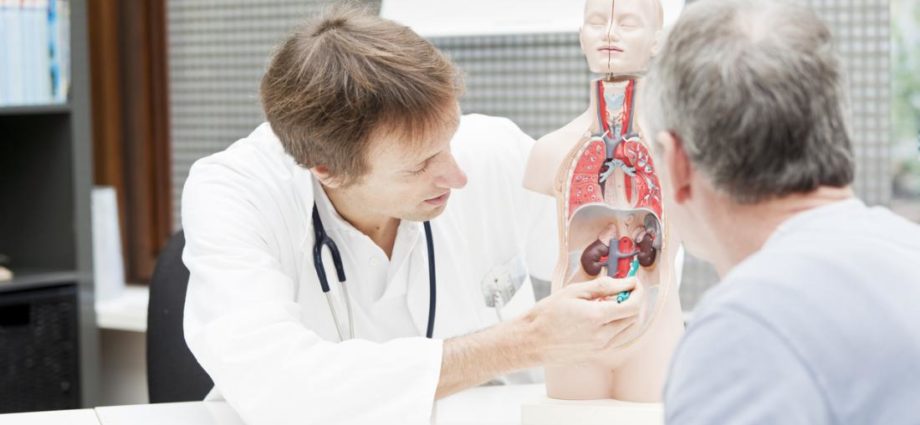Urology is the area of medicine that is connected with the conditions as well as disorders of the male as well as female urinary system tract. Urologists are medical professionals that focus on the treatment of conditions as well as problems influencing the urinary system, consisting of the bladder, ureter, kidney, urethra, as well as adrenal glands. For men, they deal with all conditions of penis, epididymis, prostate, seminal vesicles, as well as testes.
They likewise perform surgeries if required to remove cancers or an obstruction in the urinary system tract.
To find reputed urology medical equipment, please follow the link.
When should you get in touch with a urologist?
You can seek advice from a urologist for all moderate urinary troubles like urinary tract infections or UTI to extreme disorders like cancers. In many cases, your primary medical professional refers you to a urologist if your signs linger for a long period of time or do not enhance.
Signs and Symptoms of Urological Troubles
Below pointed out is a listing of symptoms that show that you have an issue in the urinary system as well as need to see a urologist.
The existence of blood in the urine, a problem additionally called hematuria
- A repeating need to urine quickly
- Difficulty urinating
- Burning feeling or pain throughout urination
- If you experience pain in your reduced back, hips, or sides
- Weak urine flow, oozing
- Urine leak
If you are a male as well as have the following signs and symptoms, you must check out a urologist:
- A lump in the testicles
- A decrease in sexual desires
- Trouble obtaining and also maintaining an erection
What to expect from your examination?
Typically, the urologist will have notes concerning your problem from the doctor who referred you, yet they are going to still do an evaluation of the patient’s case history as well as carry out a health examination. A few of the tests your urologist could perform are:
The first point to do is find the issue. It is done by imaging examinations like ultrasound, MRI scans, or CT scans.
Cystoscopy, a treatment through medical imaging that enables your physician to analyze the within the urinary tract via cystoscope. Cystoscopy can additionally be used to accumulate cell samples for screening.
A standard urine test to look for the existence of germs or other indications of the condition.
Biopsy
Urodynamic screening to figure out how quickly urine exits the body, the urine that remains inside the bladder when urination is done, as well as the bladder pressure.
After the medical diagnosis, different treatment methods can be employed depending upon the condition.

